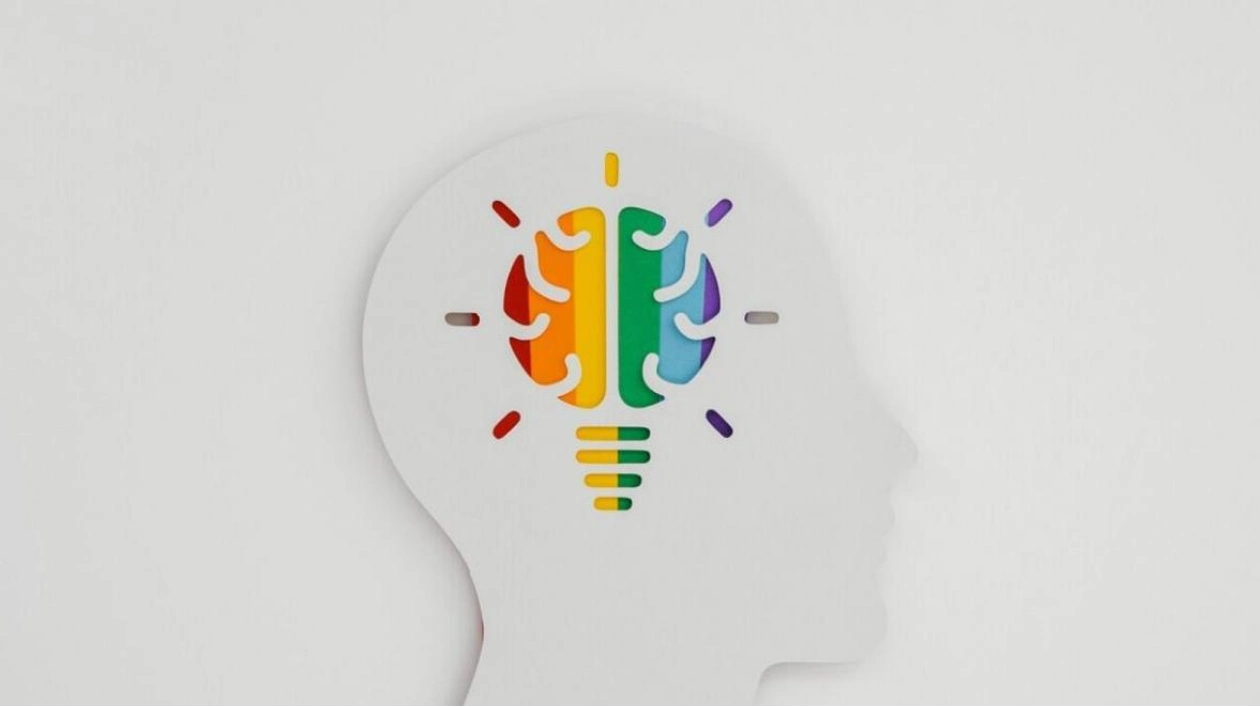For a long time, Miss M. had accepted that she wasn't adept at 'adulting'. In her role as a 40-year-old British primary schoolteacher, she fostered a nurturing and imaginative classroom environment, grounded in learning through empathy and kindness. She drew inspiration from her students' curiosity and customized her lessons to suit their interests. However, among adults, she found herself grappling with tasks that others handled effortlessly, such as emails, report writing, planning, team meetings, and any administrative duties related to her job or personal life.
‘My ADHD diagnosis at 38 wasn’t a shock to me, as I’ve always battled with executive dysfunction,’ she admitted, ‘but it still hit me hard.’ Despite loving her job at a prestigious international school, Miss M. was determined to stop struggling. As she embarked on therapy to manage her mental health, she also chose to reveal her mental health status to her employer. ‘It was a big step—and I wasn’t sure how they’d react. But teaching isn’t just about the classroom, so I knew I needed all the help I could get,’ she explained.
According to Rebecca McGuane, Head of Corporate Wellbeing at Lockton Insurance Brokers, when individuals feel comfortable being their true selves at work, it can boost productivity, job satisfaction, and overall well-being. In the UAE, a new Federal Mental Health Law, replacing outdated legislation from 1981, guarantees equal treatment and opportunities for all employees in the workplace, including protection against discrimination based on disability, such as neurodivergence, and emphasizes the protection of employees from termination and the right to confidentiality.
However, despite legal protections and significant strides towards inclusion, there are still potential drawbacks to disclosure. These include the risk of stigma, discrimination, or biased perceptions that could affect career progression and job satisfaction. Concerns about privacy and the potential misuse of personal information are also valid. ‘The decision to disclose is very personal and should be carefully considered, taking into account the specific workplace culture and available support systems,’ McGuane advised.
‘In my role, I’ve had the privilege of working with various inclusive companies. Recently, I saw the establishment of a well-being committee in one workplace following the disclosure of an ADHD diagnosis from an employee. Each committee member was trained in Mental Health First Aid and equipped with the skills to support any workforce members in need. This committee has since organized multiple successful workshops and educational sessions on mental health and neurodiversity, leading to increased awareness, more open communication, and greater use of mental health support systems.’
Neurodivergent individuals often bring unique and valuable perspectives and strengths to their roles. Disclosure can empower both employers and employees to leverage these strengths, especially in roles requiring creativity or detailed analysis. ‘Not only can disclosure lead to necessary accommodations and support, but it can also significantly enhance an employee’s performance and ability to thrive, as it strengthens connections with colleagues and managers,’ McGuane noted.
When Miss M. disclosed her neurodivergent status to her headteacher, she was met with a positive response. ‘My headteacher didn’t judge me, which felt wonderful and liberating,’ she said. ‘He also had experience with a former colleague who had ADHD, so he offered supportive strategies. I feel incredibly fortunate to work with empathetic, supportive, and approachable colleagues who recognize my strengths and support me as an individual.’
Since Miss M.’s disclosure, several other teachers have also come forward with their mental health status. ‘I’ve spent so long feeling guilty for potentially being a burden, but I have strong relationships in the workplace, and disclosing my diagnosis has definitely helped rather than hindered my experience at the school,’ she reflected.
Asked if she would encourage others to disclose their mental health status at work, Miss M. advised a cautious approach. She acknowledged that while laws are in place to protect individuals, she has also faced harsh realities. ‘The environment you’re in matters. If your workplace doesn’t support you, it might not be the right fit for you,’ she explained. ‘This was my experience at my previous school, where success was about fitting into a box. Because I couldn’t fit into that box, instead of trying to connect and support me, I was seen as a failure. So it wasn’t a safe place for me to disclose my ADHD.’
‘We all have strengths and areas we need to work on. Being self-aware and seeking support is a strength. Employers need to recognize their role in supporting neurodivergent staff.’






